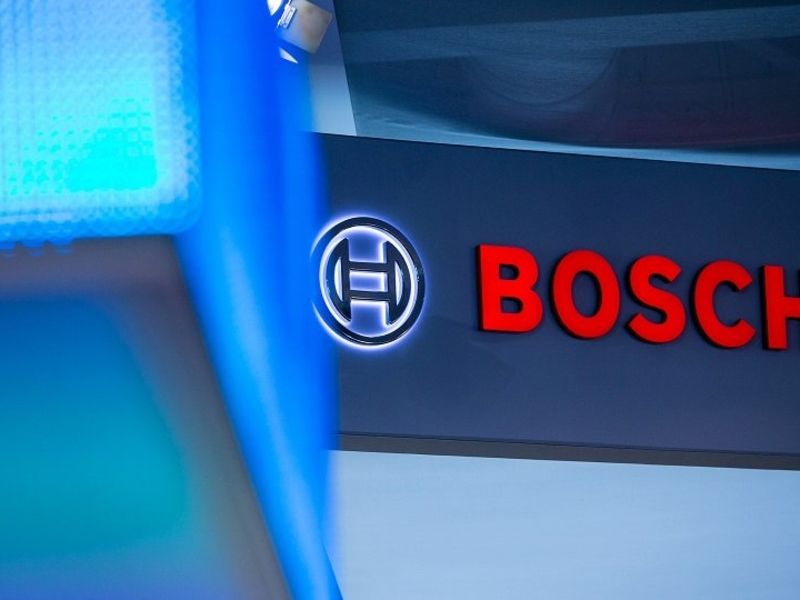
Robert Bosch said it will invest more than €400 million ($467.5 million) in its semiconductor manufacturing facilities in 2022, as the world’s largest auto supplier looks to boost chip production to address a global shortage.
Bosch said it would expand its semiconductor fabrication plants — known as wafer fabs — in Dresden and Reutlingen, Germany. It will also build a semiconductor test center in Penang, Malaysia.
“Demand for chips is continuing to grow at breakneck speed,” said Volkmar Denner, chairman of the Bosch board of management, in a statement. “In light of current developments, we are systematically expanding our semiconductor production so we can provide our customers with the best possible support.”
The investments come as the industry reels from a global microchip shortage that has sent global vehicle output plunging and hampered new-vehicle sales and inventory. According to an estimate by AutoForecast Solutions, about 9.74 million units have been removed from automakers’ production plans worldwide since the start of the year due to the chip crisis.
Bosch said the bulk of the money it plans to spend will go toward its Dresden fab, which the supplier opened in June to the tune of $1.17 billion. The investment will help the facility ramp up chip production at a faster rate than originally planned.
“Every additional chip we produce will help in the current situation,” Harald Kroeger, a member of the Bosch board of management, said in a statement.
The company also plans to further expand its 377,000-square-foot Reutlingen facility near Stuttgart. Bosch, which completed an expansion at the plant earlier this year, plans to build out the facility by another 33,000 square feet by the end of 2023.
Bosch plans to build a semiconductor test center in Malaysia, which it said will begin testing chips and sensors in 2023. The supplier said the test facility would be built in stages, with the test center initially being around 150,000 square feet.
Jiang Jian, a vice president of Bosch China, told Bloomberg this month that the semiconductor shortage is likely to continue through 2022. He said chip producers could meet only about 20 percent of clients’ orders in July, while more than half could not be met in August.
Robert Bosch ranks No. 1 on the Automotive News list of the top 100 global suppliers, with worldwide sales to automakers of $46.5 billion in 2020.